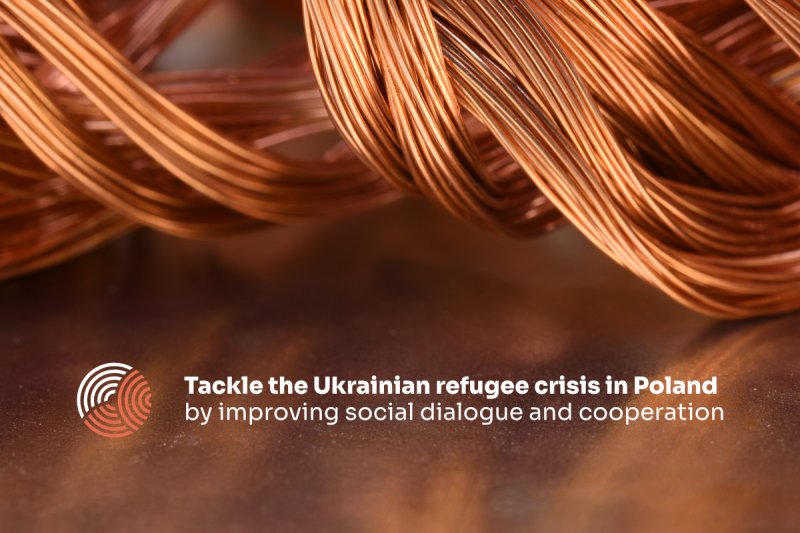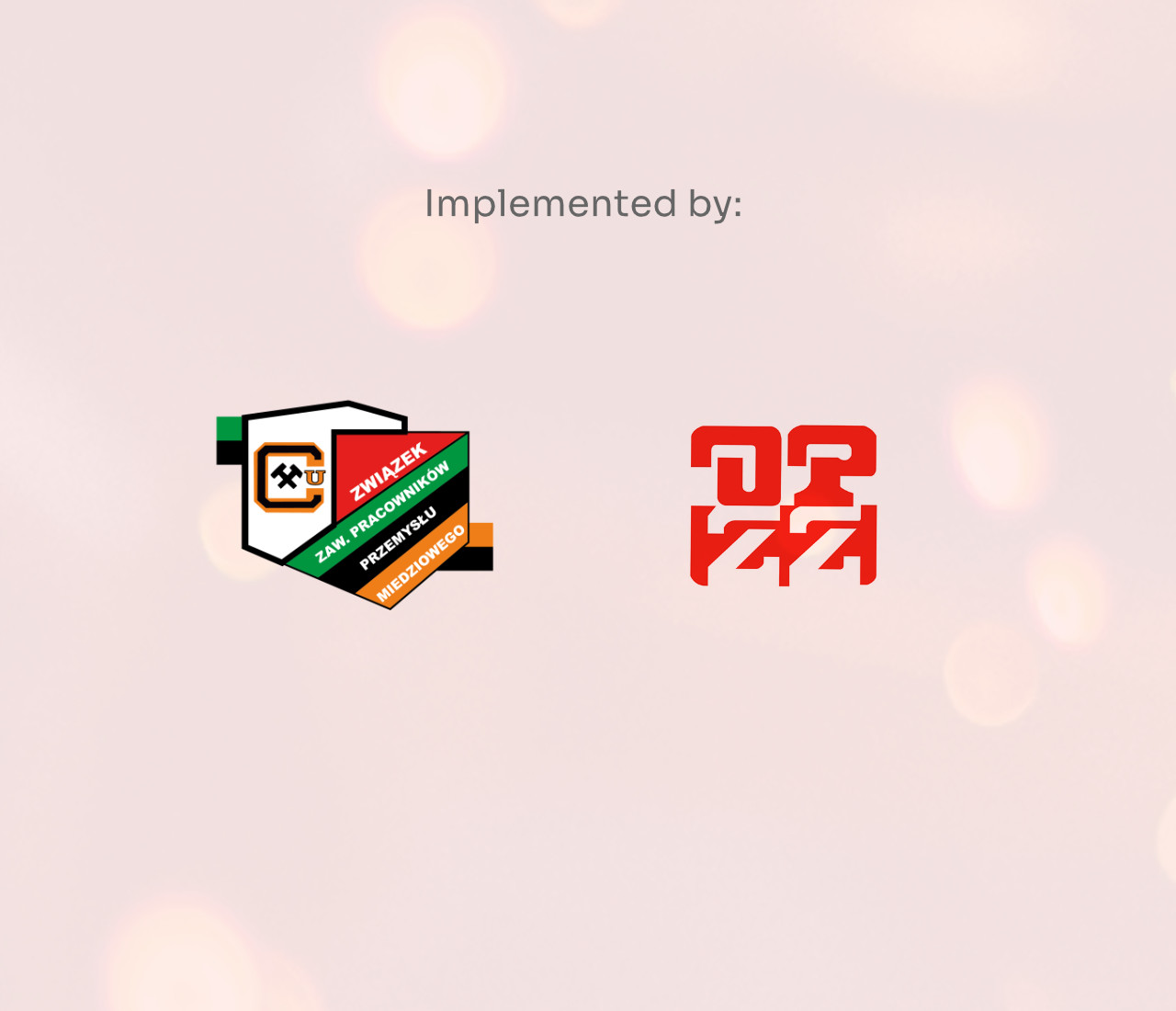Main findings:
- 67.5 per cent. Poles have met with unfavorable opinions about Ukrainian refugees, most often they hear them among their friends or neighbors
- 68 per cent. Poles do not associate the deterioration of their economic situation with the appearance of Ukrainian refugees in Poland
- 67 per cent. Poles disagree with the statement that the influx of refugees from Ukraine to Polish has made it difficult for Poles to use public services such as health care
- 41 per cent. Poles agree with the statement that Ukrainian refugees are often demanding and expect too much, the opposite opinion is 44 percent. Poles
- 20% of respondents say that they have not engaged in any form of assistance to refugees from Ukraine in 2022
- From 84% to 50% between spring and autumn 2022, the percentage of Poles who believe that Ukrainian refugees are people in need of help decreased
Key findings: - A key condition for a successful integration policy of migrants and refugees in the country is acceptance by the host society. There are a number of tools for this purpose, which should be implemented as widely and as soon as possible in Poland in connection with the appearance of refugees from Ukraine.
- Refugees differ from other migrants in important respects due to exceptional circumstances that have forced them to leave their country (often in a hurry). Therefore, they require more assistance in various spheres of life in the host country, including formal and legal matters or in terms of informing about important regulations, rights and resources available to them.
- One of the key areas that should be taken into account in the policy of integration of refugee communities is counteracting discrimination and the spread of anti-refugee attitudes and narratives in the host society.
- The majority of citizens in the EU and the wider West are generally positive about accepting refugees from Ukraine. Ukrainian refugees themselves also feel that the attitude towards them in the societies of the countries they currently live in is generally positive.
- Refugees who arrived in the Polish received differentiated support in different European countries. Relatively less often they claim that they have received financial assistance, help in organizing a place of residence or in terms of necessary documents.
- Most Poles are still positive about refugees from Ukraine. Most Poles do not blame them for the deterioration of the economic situation in the country or in their household, and have no problem with living next to refugees or with their presence in public space, working in Polish companies and public institutions.
- At the same time, most Poles have encountered unfavourable opinions about refugees from Ukraine. Most often they heard them from their friends and in the workplace. These opinions mainly concerned the abuse of privileges by refugees and their demanding attitude.
- However, some changes are visible in relation to refugees in 2022: a smaller percentage of respondents believe that refugees will create added value on the Polish labor market, that foreigners diversify Polish culture, or that the priority for the authorities should be to provide security and shelter to refugees. On the other hand, the percentage of people who believe that refugees should receive social benefits such as 500+ has increased. The percentage of people who meet with unfavorable opinions about Ukrainians has also increased.
- Fatigue with helping and the subject of war and refugees is a phenomenon known in the literature on the subject. Therefore, it is not surprising that there are some increases in anti-Ukrainian behaviour – which, however, are still relatively rare in Polish society. In order to pursue an effective refugee policy, it will be crucial to monitor the dynamics of such attitudes and to prevent them using various tools.




